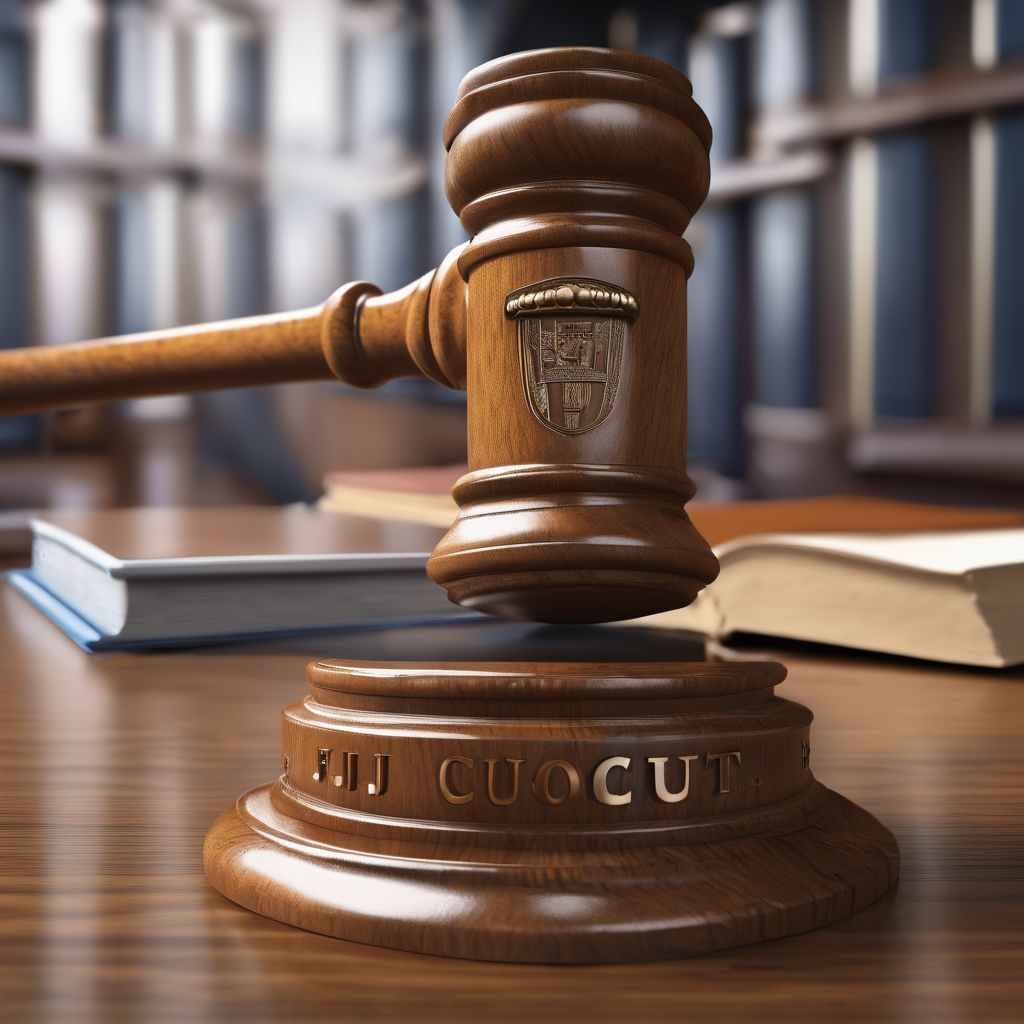Former acting prime minister Aiyaz Sayed-Khaiyum and former Supervisor of Elections Mohamed Saneem are embroiled in a high-profile legal case that continues to intensify at the High Court in Suva. Chief Justice Salesi Temo has ruled that the duo has a case to answer, moving the proceedings into the next crucial phase of the trial.
The allegations against Sayed-Khaiyum and Saneem highlight significant concerns about governance and accountability in Fiji. As acting prime minister, Sayed-Khaiyum is alleged to have executed a second Deed of Variation (DoV) that authorized the government to pay or waive additional taxes incurred by Saneem due to his backpay. This action reportedly occurred without the requisite approval from the President or the Constitutional Offices Commission (COC), as mandated by Fiji’s 2013 Constitution.
Furthermore, Saneem is accused of seeking and obtaining deductible tax relief of $55,944.03 for himself without lawful authority, facilitated by Sayed-Khaiyum’s alleged actions. The contentious second DoV, dated June 30, 2022, supposedly bypassed necessary executive endorsements, leading to the current legal proceedings against both individuals.
The case has been widely observed due to its implications for public governance and ethical conduct in high office. Drawing significant public and legal interest, the trial is set to continue, with much attention being paid to the unfolding legal arguments and testimonies from various witnesses, including those from the Fijian Elections Office.
The trial has shed light on procedural expectations within governmental operations, emphasizing the importance of authorization and legal frameworks in maintaining accountability. As the case proceeds, it offers an opportunity for the justice system to reinforce ethical standards in public service and may influence future governance reforms aimed at restoring public confidence in Fiji’s institutions.
With the trial ongoing, observers and the public hope for a transparent and fair resolution that upholds justice and reinforces the ethical framework necessary for effective governance. This case serves as a stark reminder of the critical role of transparency and accountability in fostering trust within public offices and could set a precedent for future policy reforms in the country.
